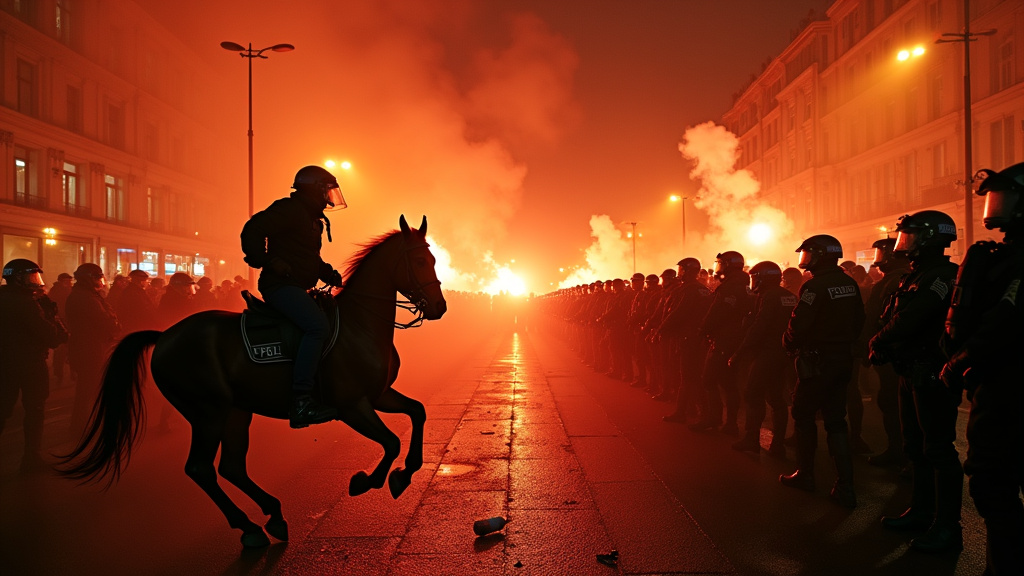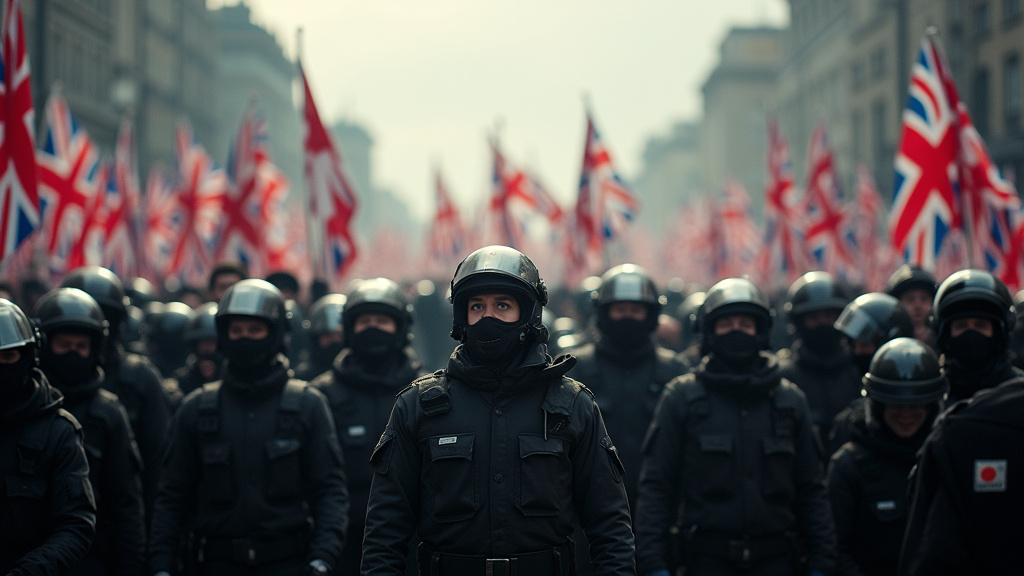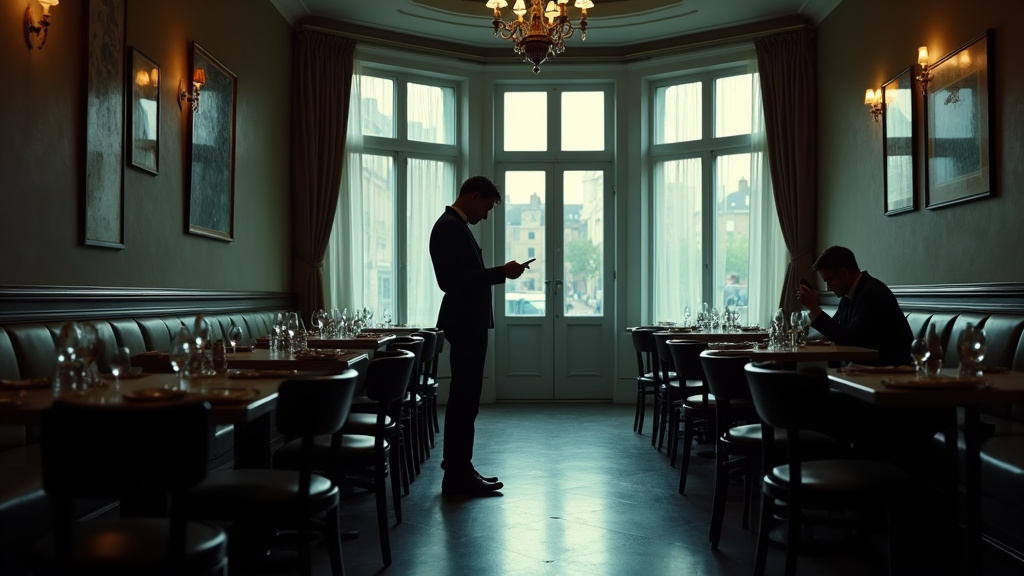In a historic development that has sent shockwaves through Sri Lanka’s political landscape, former President Ranil Wickremesinghe was arrested on Friday, August 22, 2025, on charges of alleged misuse of state funds. The arrest marks the first time a former head of state in Sri Lanka has been apprehended on corruption allegations, signaling a significant moment in the nation’s ongoing fight against graft.
The Charges and the London Trip
Wickremesinghe, who served as president from July 2022 to September 2024, was taken into custody by the Criminal Investigation Department (CID) after appearing to provide a statement. The allegations stem from a trip to London in September 2023, during which he allegedly used state funds for a private visit to attend his wife, Professor Maithree Wickremesinghe’s, graduation ceremony at the University of Wolverhampton. Investigators claim that approximately $50,000 to $56,000 (equivalent to Rs. 16.9 million) in public money was spent on airfare, accommodation, and other related costs for this visit, which they assert had no official purpose.
The former president was produced before the Colombo Fort Magistrate Court, which ordered him to be held in custody until August 26, 2025, pending further investigation. Three charges have reportedly been filed against the 76-year-old politician, including two under Sri Lanka’s Penal Code and one under the Public Property Act.
Background: Wickremesinghe’s Presidency
Ranil Wickremesinghe, a veteran politician with a career spanning over four decades and a six-time former prime minister, assumed the presidency in July 2022 amidst a severe economic crisis that led to widespread public protests and the resignation of his predecessor, Gotabaya Rajapaksa. He was credited with stabilizing the nation’s crumbling economy, securing a crucial $2.9 billion bailout from the International Monetary Fund (IMF) in early 2023, and implementing austerity measures to shore up state finances. However, his administration also faced public discontent over these stringent policies, including increased taxes and utility rates. Wickremesinghe ultimately lost his bid for re-election in the 2024 presidential polls, finishing in third place.
Political Context and Anti-Corruption Drive
The arrest of Wickremesinghe occurs within the broader context of a national anti-corruption drive initiated by the current government of President Anura Kumara Dissanayake. Dissanayake came to power in September 2024 on a strong mandate to combat corruption and hold accountable those who allegedly misused public resources under previous administrations. Since taking office, his government has been actively investigating and prosecuting former high-ranking officials and politicians. More than a dozen former ministers and senior bureaucrats have reportedly been arrested or are under scrutiny, making Wickremesinghe’s case the most high-profile so far.
Defense and Political Ramifications
Representatives for Ranil Wickremesinghe and his United National Party (UNP) have vehemently denied the allegations, asserting that no public funds were misused. They contend that the trip to London was either official in nature or that his wife covered all personal expenses. Some allies have suggested the arrest is politically motivated, intended to tarnish the reputation of a prominent opposition figure. Despite the denials, the investigation into the trip, which reportedly included his former presidential secretary and private secretary being questioned, has brought renewed public scrutiny to Wickremesinghe’s long and sometimes controversial political career.
Broader Implications and Public Reaction
This unprecedented arrest of a former Sri Lankan head of state is being closely watched both domestically and internationally. It serves as a critical test for President Dissanayake’s administration and its commitment to upholding the rule of law and combating corruption. As Sri Lanka continues to navigate economic recovery and adhere to IMF governance conditions, demonstrating robust accountability mechanisms is paramount. The news is already trending globally, with many observing the potential impact on Sri Lanka’s political stability and its reputation regarding transparency and good governance. The case is expected to spark considerable debate and potentially reshape the country’s political discourse.
What Lies Ahead
Wickremesinghe’s legal team has cited his health conditions, including heart disease and cancer of his wife, as reasons for seeking bail. The coming days will be crucial as the legal proceedings unfold, with the court set to hold another hearing on August 26. The outcome of this investigation and trial will undoubtedly have far-reaching implications for political accountability in Sri Lanka and the public’s trust in its institutions.





